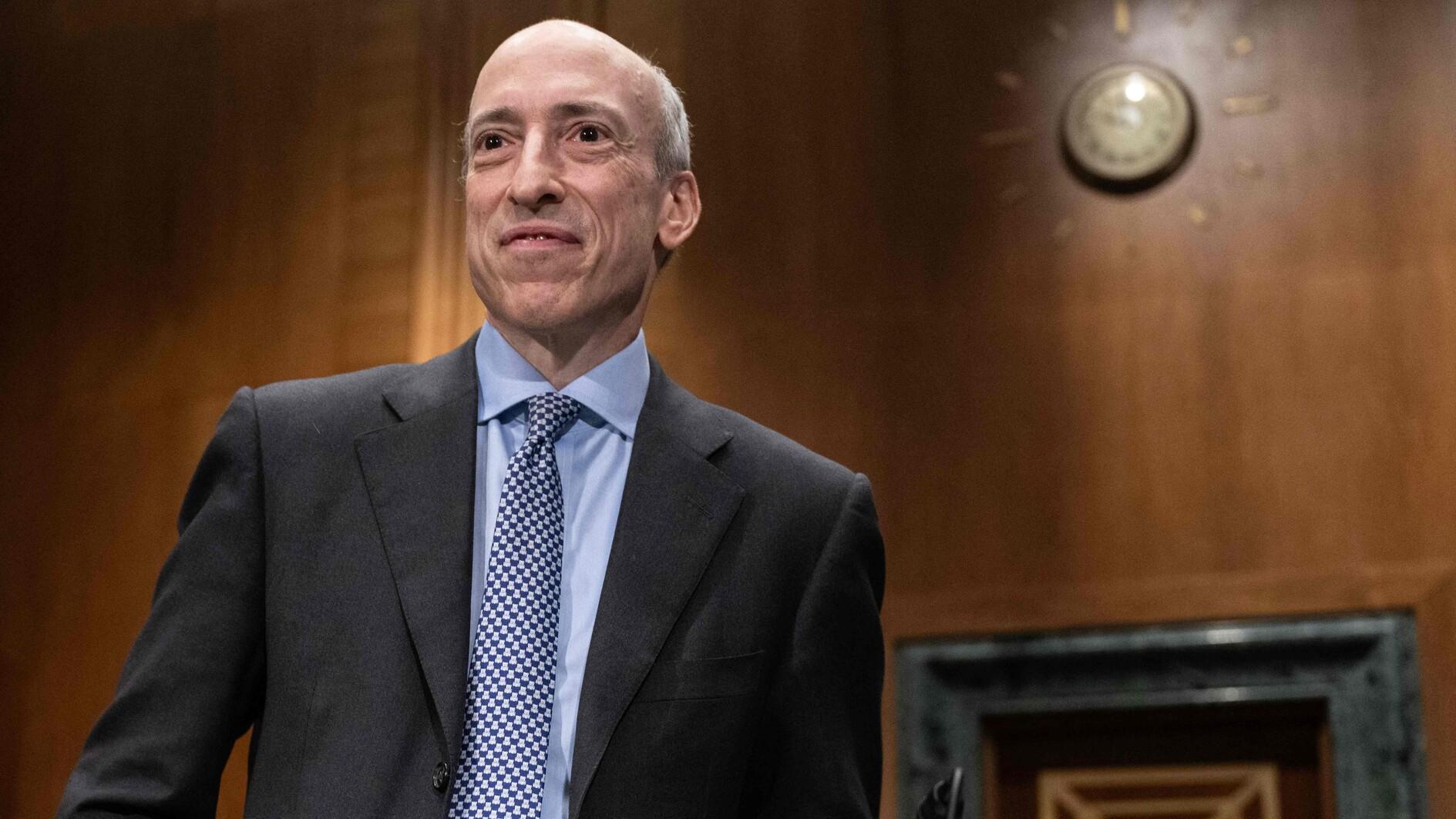Democracy in Burma?
“It is never easy to persuade those who have acquired power forcibly of the wisdom of peaceful change,” Aung San Suu Kyi once remarked. But the leader of Burma’s main pro-democracy party, the National League for Democracy (NLD), never wavered in her belief that it was possible. Now it may actually be happening.
In last Sunday’s by-elections in Burma, the NLD won at least 40 of the 45 seats at stake. Burma is still far from being a genuine democracy, but the outcome was so encouraging that NLD official Myo Win said: “The army has changed and is now more lenient. So there is more of a possibility that Aung San Suu Kyi can become president in 2015.”
“The Lady”, as most people call her, is finally free after 22 years of political repression, most of them spent under house arrest. It’s hard to believe that she may be peacefully elected president of Burma in three years’ time – but it was also hard to believe that Nelson Mandela would be elected president of South Africa only four years after he was freed from 27 years in prison in 1990.
Not only is Aung San Suu Kyi free, but she is now a member of parliament. She boycotted last year’s general election, the first since 1990, because she distrusted the regime’s intentions, but she has now joined the political game. She had to, because otherwise the game would probably have ended quite soon.
The army has monopolised power in Burma for the past fifty years, ruthlessly suppressing all dissent and leaving the country the poorest in South-East Asia. Now a former general, Thein Sein, has persuaded his colleagues that it is time for the army to let go, but many of them are just waiting for him to fail. He has been president for a year now, and he badly needed a success.
From the army’s point of view the recent by-elections, held to replace 45 regime supporters who gave up their seats upon being appointed to posts in the new government, seemed an ideal way to start the opening-up process. Even if the NLD did well in them, it would not shake the regime’s overwhelming majority in parliament, and the next national elections are not due until 2015. But the NLD may have done too well.
The pro-democracy party’s nearly clean sweep in these by-elections will remind many generals of the 1990 elections, and that is not a happy thought for them. Having drowned a non-violent protest movement in blood in 1988, the army held a general election in 1990 to legitimise its rule, confident that it could guarantee the right outcome.
It was wrong: the NLD won 80 percent of the seats. It was a political disaster for the military, who only preserved their rule by ignoring the election results and jailing the opposition leaders. That gave them another two decades in power, but their rule was clearly illegitimate and the regime became an international pariah.
Now we have another election outcome in which the NLD wins over 80 percent of the seats. It will already have occurred both to the soldiers and to Aung San Suu Kyi that if the NLD had not boycotted the national elections in November, 2010, it would have won them despite all the regime’s attempts to manipulate the results. And it virtually guarantees that the NLD will become the government in 2015, if those elections are ever held.
The Burmese army’s choice is now stark: it must either accept that outcome or halt the whole democratisation process. President Thein Sein seems committed to the process come what may, but some senior generals will certainly prefer the latter option, particularly because an NLD government might investigate how they got so rich. So it would be a good idea for the NLD to promise an amnesty for all crimes committed by the military regime.
The coming year will be a tricky one, and it could end in disaster if Aung San Suu Kyi overplays her hand. However, the past 22 years have taught her patience, and she clearly understands that Thein Sein needs her help in staving off the pressure from the more hawkish generals.
The rest of the world can also help him, by ending sanctions and allowing investment to flow into the crippled economy. And with luck, Burma will be a democracy three years from now.
Gwynne Dyer is a London-based independent journalist.











